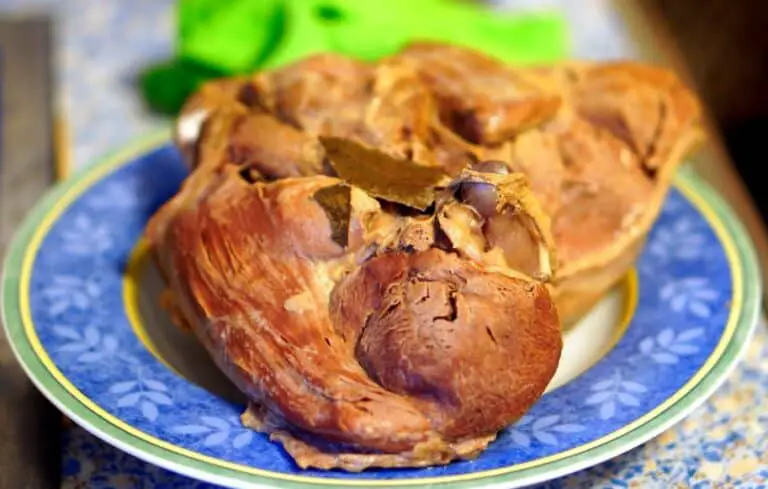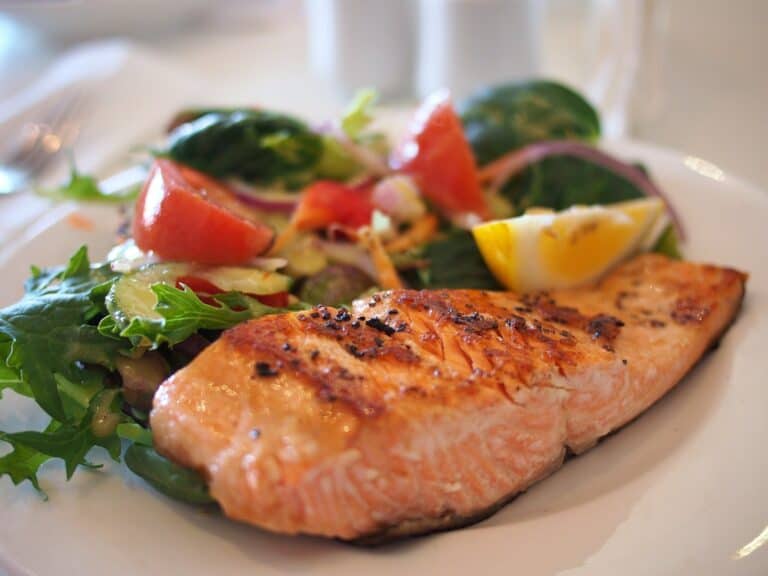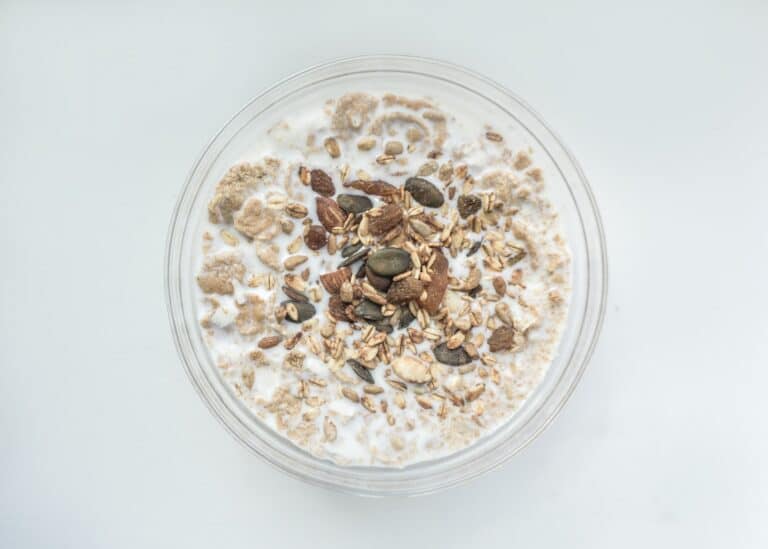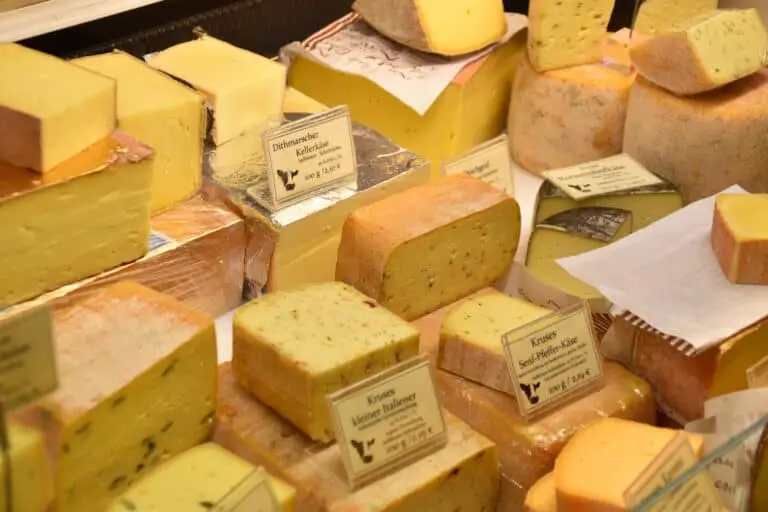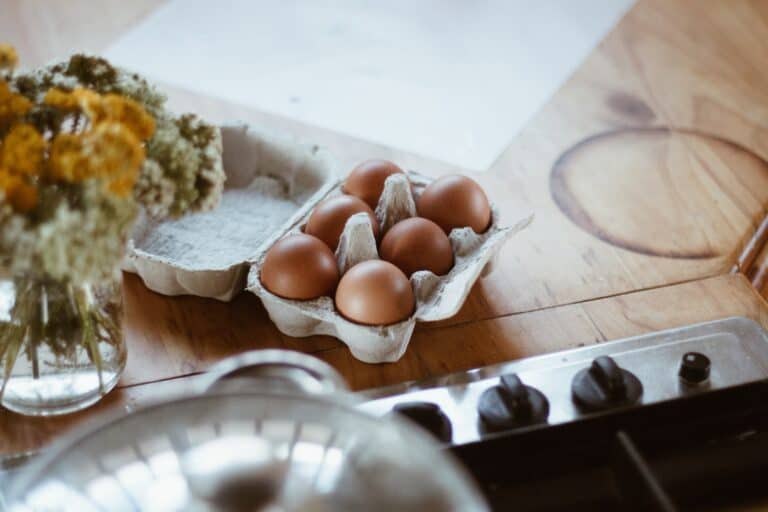How Long Do Beans Last In The Fridge?
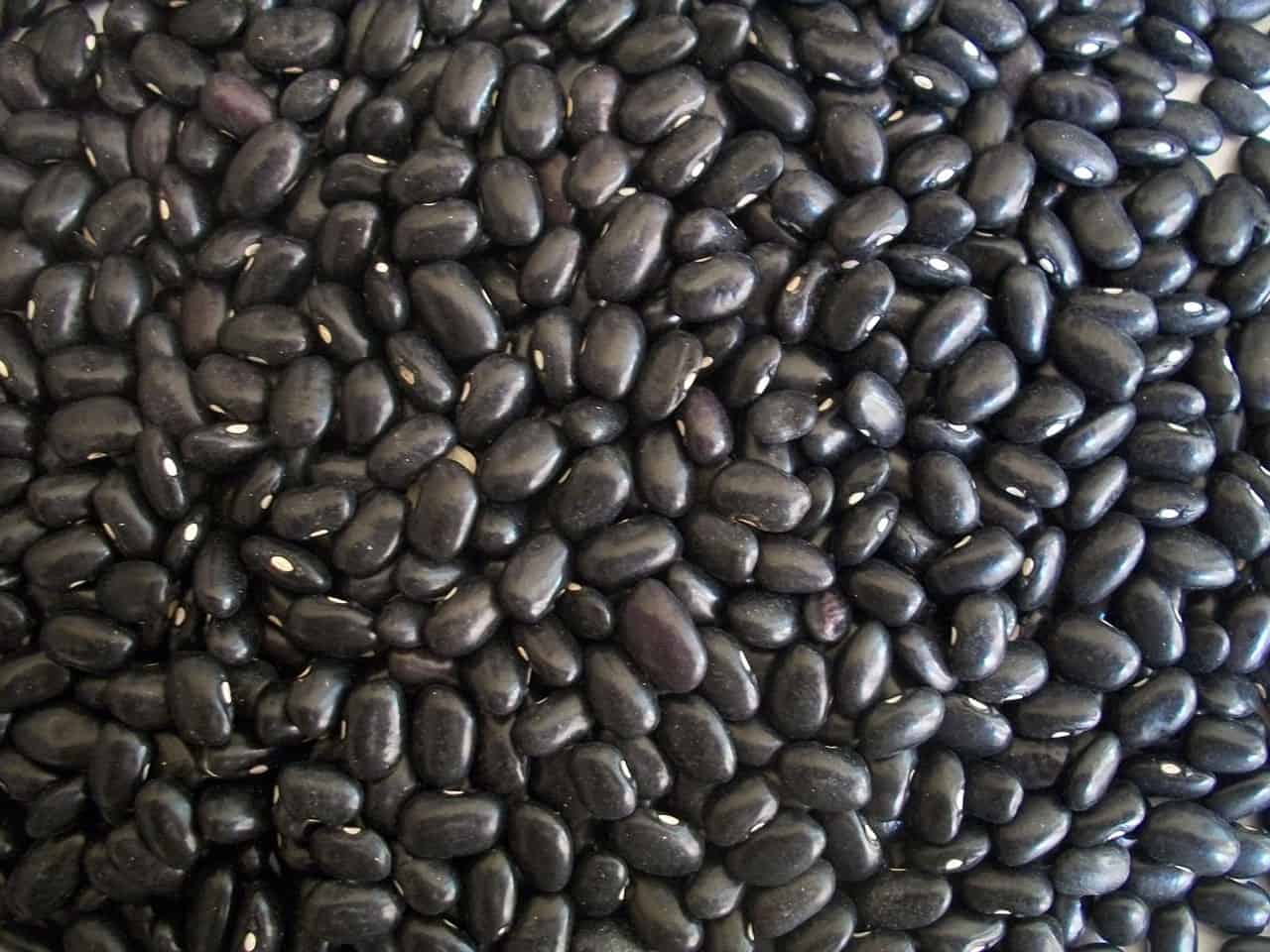
Many people are confused about how long do beans last in the fridge. Beans have a shelf life of 3-4 weeks, and they can be stored fresh when you refrigerate them.
The main reason is that some people store their beans without washing or soaking them first, which causes mold to grow on the bean’s surface; however, if you take care not to let any water get into your container, this shouldn’t happen.
How To Store Beans?
Beans should always be stored in an airtight container with as little moisture as possible from either moisture in the air or from condensation that may form on cooler days due to temperature changes outside and inside your home. If you plan to store them for more than four weeks, it’s best not to keep them in the fridge because they will not last that long.
If you store them in a dry, tightly closed container and refrigerate them from 39 to 41 degrees Fahrenheit, your beans should be able to last up to 4 weeks or more, depending on how fresh your beans are when purchased. If you have stored them in a damp container, you can expect them to start going stale after about three days in the fridge.
Tips To Make Beans Last Longer
When purchasing beans, it’s best not to buy a large 14 oz package unless you’re going to use all of it within a few days after opening the box. It’s better off buying smaller packages so you don’t have leftovers for too long which could cause a risk of food poisoning if eaten after being left out longer than two hours at room temperature.
Green beans and wax beans can be stored in the same way as red kidney beans and white navy beans, but if you plan on freezing them, be sure to blanch them first, which is placing them in boiling water for 2-3 minutes before freezing so they won’t get mushy when thawed out.
How Long Do Beans Last In The Fridge? Best Recipes For Beans
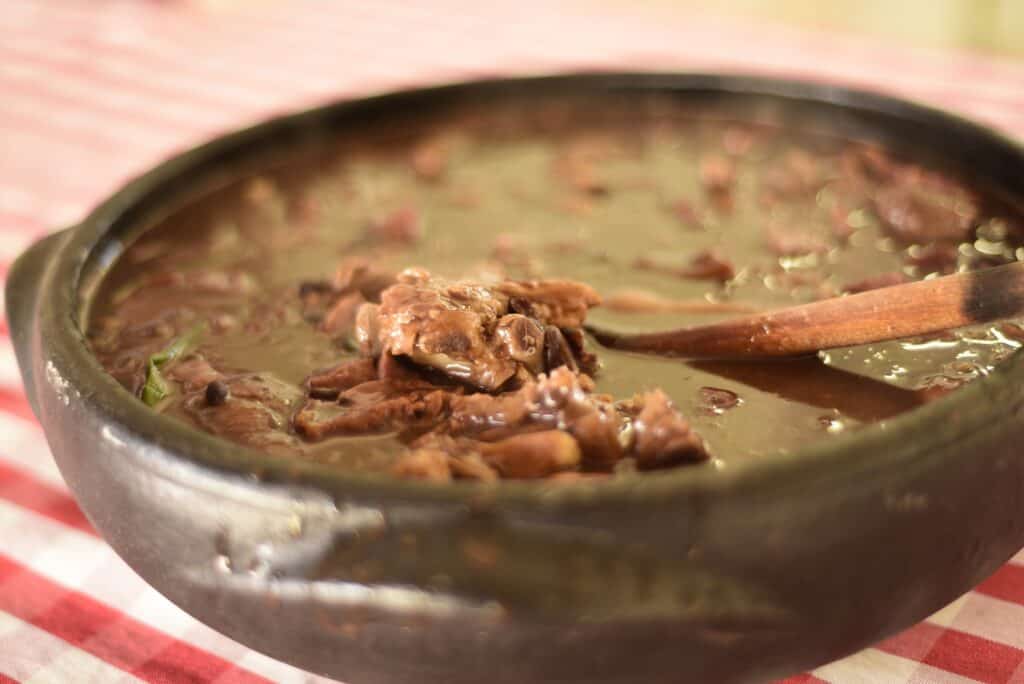
Bean Burrito Recipe
Ingredients:
- One can refried beans
- 1/2 cup salsa
- 1/4 cup shredded cheddar cheese
- Six small tortillas
Instructions:
- Preheat the oven to 350 degrees F (175 degrees C).
2. Mix the refried beans, salsa, and shredded cheese in a medium bowl.
3. Spread about 1/4 cup of the mixture down the center of each tortilla.
4. Roll the tortillas up and place them side down in a 9×13 inch baking dish.
5. Pour enchilada sauce over the top of the tortillas.
6. Bake for 25 minutes in the preheated oven.
7. Serve with guacamole and sour cream.
Cheesy Black Bean Soup Recipe
Ingredients:
- One tablespoon olive oil
- Two medium onions, chopped
- Three cloves garlic, minced
- 4 cups vegetable broth
- One teaspoon cumin powder, or to taste
- 1/2 teaspoon salt, or to taste
- 3 cups cooked black beans (if using canned beans, drain and rinse them)
Instructions:
- Heat the oil in a large pot over medium heat. Add onions and saute until they begin to brown.
2. Stir in garlic, cumin powder, salt, and pepper. Saute for 1 minute, then add vegetable broth.
3. Bring the soup to a light boil, then reduce heat to low.
4. Simmer for about 15 minutes, occasionally stirring until its onion is very tender.
5. Add black beans to the pot and cook until heated for about 10 minutes.
6. Transfer soup in batches to a blender or food processor and blend until smooth. Return pureed soup to the pot and stir in cooked brown rice if desired (optional).
7. Serve with shredded cheese, sour cream, tortilla chips, or fresh cilantro if desired.
Bean Salad Recipe
Ingredients:
1 15 oz can kidney beans, drained and rinsed
One red bell pepper, chopped.
Two green onions, chopped (white ends only)
Three tablespoons mayonnaise (light or fat-free can be used)
Salt & freshly ground black pepper, to taste
Instructions:
- Combine beans, bell pepper, onion, and mayonnaise in a salad bowl—season with salt and pepper to taste. Serve immediately or refrigerate until ready to serve.
Why Do Beans Make You Gas?
Beans contain carbohydrates known as oligosaccharides which our digestive system lacks enzymes necessary for proper digestion of these complex sugars – resulting in flatulence after eating beans. Soaking dried beans overnight before cooking them will help eliminate some of the phytic acids that contribute to this problem by making it easier to digest their starches. Drinking plenty of water during meals will also help ease gas production caused by indigestible oligosaccharides in beans because it helps flush them out of your system quickly.
Benefits Of Consuming Beans
- Reduces risk of cardiovascular disease
- Good for heart health
- Keeps your gut healthy and colon clean
- Reduces the chance of getting diabetes
- Provides a high amount of proteins and fiber
- Good for vegans and vegetarians
- Helps regulate blood sugar
- Reduces cholesterol level in the bloodstream
- It’s good for your bones and teeth because beans are rich in calcium, magnesium, iron & potassium
- Beans are known to reduce the risk of cancer because it has antioxidants that keep cells healthy
- Prevents digestive problems like constipation by helping you feel fuller longer.
- Promotes weight loss
- Helps control how much insulin is released into the body after eating carbohydrates. That keeps blood sugars stable making it easier to lower A1C levels.
Cons Of Consuming Beans
You may experience an increase in gas if you are not used to eating beans regularly
If you have stomach ulcers, it is best to consult your doctor before consuming beans because they can irritate your condition, especially when eaten raw.
How to tell if beans are bad?
If you look at how long beans last in the fridge, they will begin to go soft and spoil. They also might mold, which means you need to get rid of them.
What can I do with old beans?
You could make a bean dip or mix it in a salad for extra protein. You can also put them in soups and chili for an added boost. The world is your oyster regarding how long you should keep beans in the fridge.
Conclusion
So, now you know how long beans last in the fridge and some tips on storing them for maximum freshness. But what are the benefits of using beans in your recipes? Beans are a great source of protein, fiber, antioxidants, vitamins, and minerals. They also have anti-inflammatory properties, which may benefit people with conditions like arthritis or diabetes.
Plus, they’re affordable and versatile – there are endless recipes that call for beans! What’s your favorite way to cook beans?

